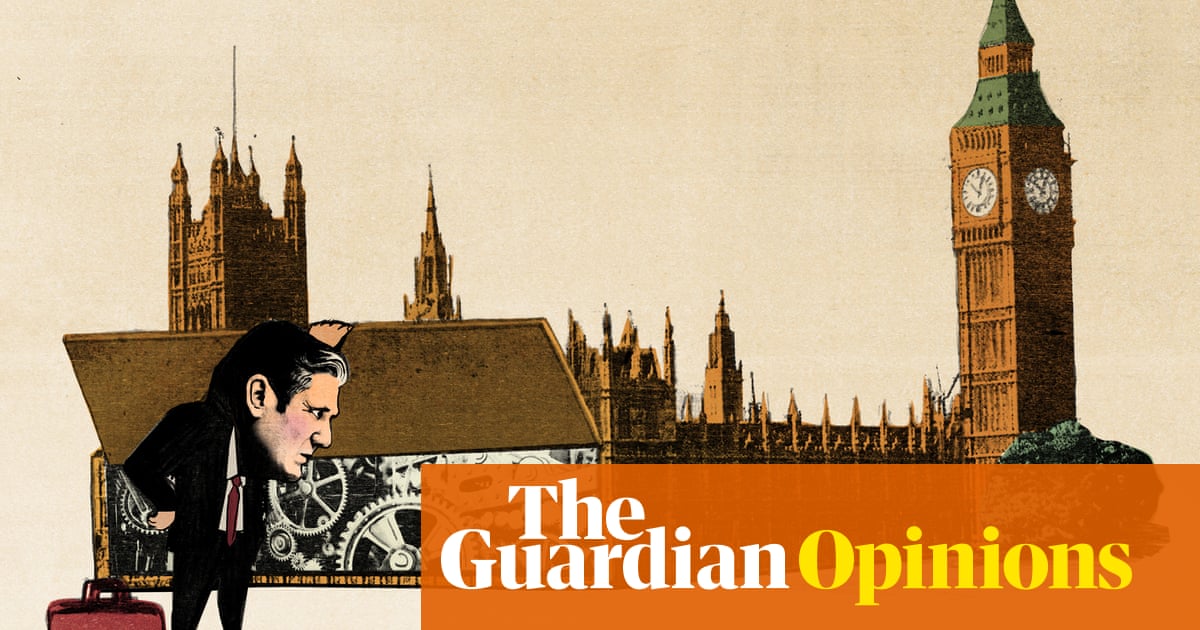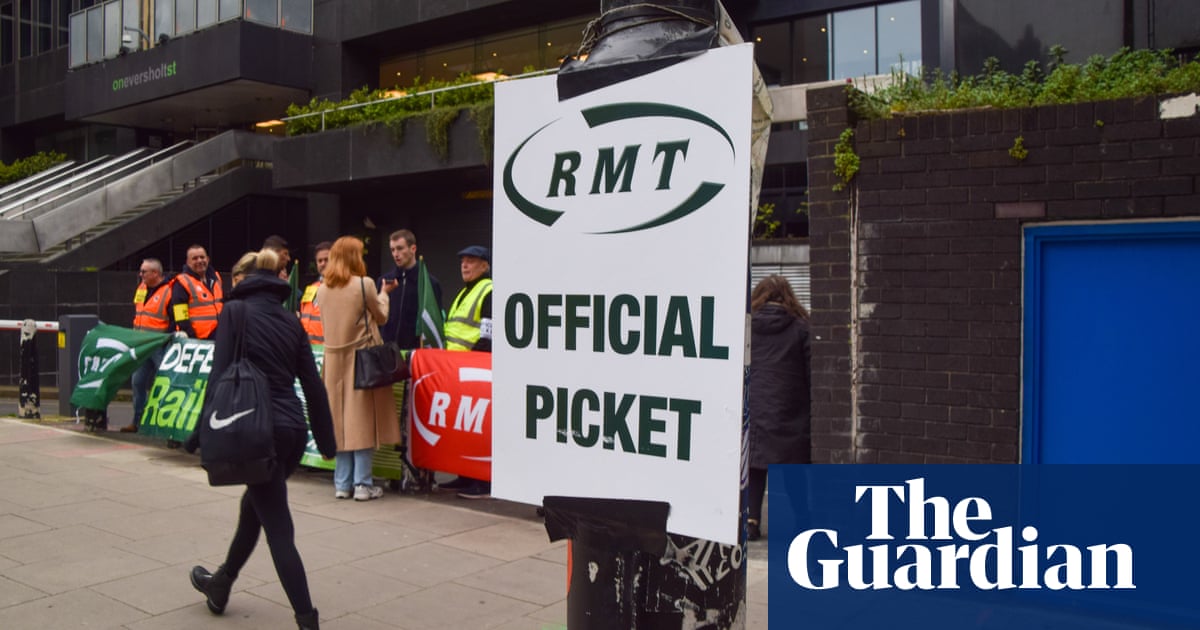
The Conservative party’s lurch into collective hyperventilation after 2016 gave Britain five prime ministers in eight years. Yet changes of government from one party to another are actually remarkably rare. There have been only three of them in the past half century: to the Tories in 1979, to Labour in 1997 and then back to the Tories in 2010. Lucy Powell, the shadow leader of the House of Commons, pointed out in a speech this week that, at the age of 49, she has only witnessed two changes of UK party government in her adult life; someone aged 30 will not have witnessed a single one in their voting life.
More on Powell’s speech later. But her observation about the rarity of change underlines something distinctive as well as something important. Britain’s rare changes of regime make it something of an outlier. In the US, Canada and Spain over the same half century, there have been seven such changes to Britain’s three. In France and Germany, there have been five. Change is just that bit rarer in the UK, and for that reason it may in some ways be a bigger deal.
This is worth emphasising, because Britain appears to be on the threshold of another of those rare change moments. Our democratic ethos and institutions understand, in principle and without challenge, the legitimacy of such a change of party government. But it has now been so long since there has actually been one that a change of this kind, with Labour set to take over after 14 years of Conservative government, will be a genuine shock to the system and to the ideas, habits and careers of many of those who work in it.
Looking at the political landscape, it is easy to miss how much preparation is already taking place for this change. It may seem, especially if you watch prime minister’s questions, as though politics in 2024 is stuck in a succession of relentlessly repeated pre-election campaign slogans and manoeuvres. Much of this, though, is simply froth. Dig down deeper and the sense of multiple cultures, not just in politics, actively attempting to adjust to the likelihood of systemic change is very clear indeed.
Powell’s speech this week illustrated this in two respects. First, because it was given to the Institute for Government, the non-partisan Whitehall thinktank that makes a speciality – among other things – of monitoring Labour’s preparations for government. And second because, speaking as shadow Commons leader, her speech aired some of Labour’s emerging thinking about the role of parliament, which is simultaneously Britain’s most important institution and its most reviled.
The speech was not awash with revelations, and Powell could not compete with the procedural nerdiness of some of those present. Yet she only had to rehearse her three stated priorities – improving parliamentary workplace culture, strengthening MPs’ scrutiny of the legislative programme and restoring trust and respect towards parliament – to show that, if they could convincingly be put into practice, these plans could mark a huge change in the way the House of Commons works, and could improve the reputation of politics. Not before time, in either case.
It will matter – of course it will – who gets into Keir Starmer’s cabinet, what jobs they will do, what training they have had, what scope they will have, whether they are allowed to stay in their posts, and whether they prove up to the task. But a change of government does not mean just a different lineup. It also means a different everyone else and, in some ways, a different everything too.
We should think of this instead as a grand national reset. Much of it is already taking place, silently but inexorably, among those who will be most directly involved. Labour has been officially talking to civil servants since February. But the process is far more extensive and self-generated than that.
Talk to any mandarin, and the conversation quickly turns to who will get the top jobs, in particular the cabinet secretary role, where some of the smart money is on the former John Lewis boss Sharon White. Several permanent secretaries will be eased out, as having hitched themselves too ambitiously to the current regime. Recruiting more scientists and stopping the churn of jobs are said to be Starmer’s priorities. The name of Sue Gray, Starmer’s tough-talking chief of staff, is omnipresent in these conversations.
The civil service is not alone in preparing for change. So are the devolved authorities, local government and the quangos. Even the normally remote senior judges of the supreme court have made plans to offer training in the rule of law to members of the new parliament. Foreign governments know change is coming, and are preparing to deal with Labour. Businesses know it too, and have been lobbying for months. Financial markets have expectations of change baked in. Trade unions are flexing their muscles – as this week’s policy meeting with Starmer indicated. Campaigners are honing their Labour contacts. Likewise journalists.
Indeed, the more carefully one surveys the political landscape, the more varied activity of this kind one encounters. Jockeying for jobs is only part of it. In some areas, the arguments about policy remain intense. For instance, Starmer has already hinted that the devolution of power will be central to his “missions”. That’s a big idea for a still highly centralised country such as Britain. But what exactly could it – and should it – involve?
There is an unresolved behind-the-scenes battle within Labour on this. It will have been on the agenda when Starmer met his party’s mayors this week. Much of the focus is on English devolution. Should this involve mayors for everyone, treating somewhere like Wiltshire the same as a city region like Greater Manchester? Instinctive centralisers, not unknown in Labour, as well as a lot of Whitehall self-interest, says yes.
But not everywhere is the same, or has the same statutory powers, and local spending is still under the cosh. Perhaps a better, if messier, system could evolve more organically. In a paper published on Wednesday by the all-party Constitution Reform Group, two former ministers – Labour’s John Denham and the Conservatives’ David Lidington – advocate a national devolution framework body for England to bring central and local government together in a more adaptive way. Starmer would be smart to read it.
Don’t underestimate this moment. A change of government for Britain will be a big and fascinating process. It will affect – well, almost everything in some way. It will be rare enough and consequential enough to be this nation state’s equivalent of a birth, a marriage or moving home. Life-changes of this kind need to be prepared for, and that is happening. But, like the future, they can never be wholly foreseen. In government, as in life, things never turn out quite the way you hope or expect.
Martin Kettle is a Guardian columnist












